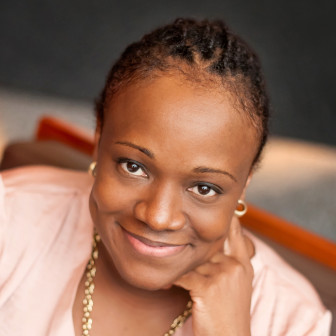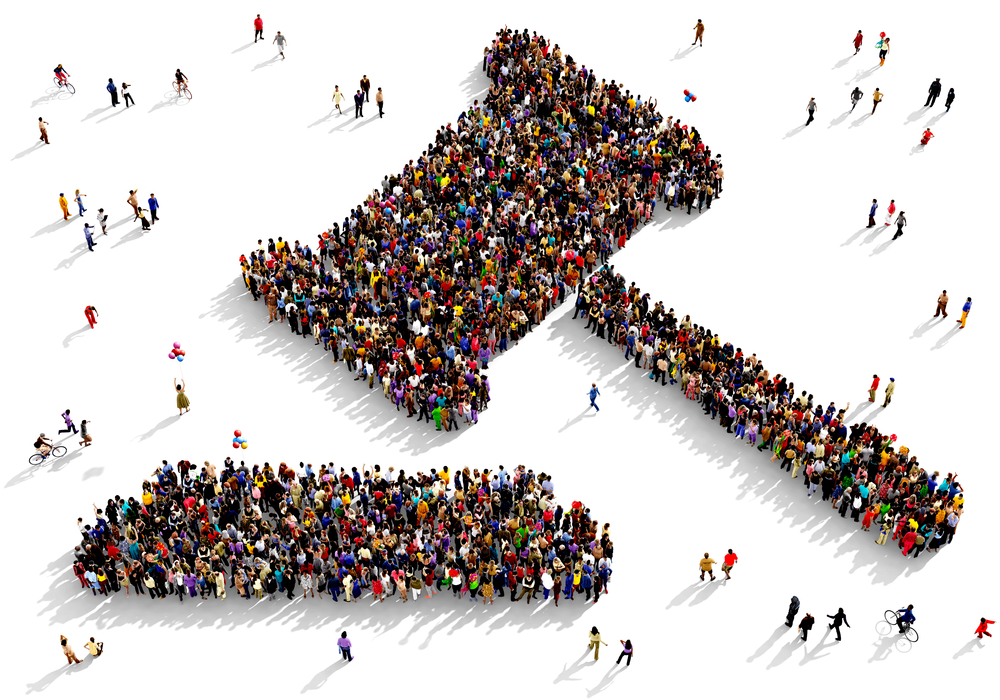Juvenile court proceedings are closed to the public for good reason. As a matter of policy, we want to safeguard the privacy of young people charged with delinquent offenses. By making proceedings confidential and sealing juvenile court records, we enable young people who come into contact with the justice system to pursue future education and employment opportunities without the specter of their youthful indiscretions following them. Further, juvenile court matters often include personal information, not only about the young person charged, but also about their family and its circumstances.
Despite these valid considerations, the opaque nature of juvenile court proceedings has become a double-edged sword. Without the scrutiny of the public, juvenile courts lose a critical measure of accountability. Unlike adult court proceedings, which any citizen can attend, in a juvenile courtroom only “interested parties” are allowed to attend. This typically includes the judge and court personnel, attorneys for the state and the child, family members and victims. Depending on the stage and nature of the proceeding, other parties might include probation officers, mental health professionals or those with relevant information to the case.
 As a result, young people and their families often find the court process intimidating and complicated — populated mainly by people who they perceive to have interests adverse to their own. Families operating within this framework often lack the knowledge and formal mechanisms to address this imbalance of power and to seek alternative and less punitive resolutions. And the outcomes are stark. Pennsylvania, for instance, has sentenced more youth to mandatory sentences of juvenile life without parole than any other state.
As a result, young people and their families often find the court process intimidating and complicated — populated mainly by people who they perceive to have interests adverse to their own. Families operating within this framework often lack the knowledge and formal mechanisms to address this imbalance of power and to seek alternative and less punitive resolutions. And the outcomes are stark. Pennsylvania, for instance, has sentenced more youth to mandatory sentences of juvenile life without parole than any other state.
A relatively new practice, called participatory defense, offers an intriguing new approach to making juvenile court processes more open and accessible for families and communities and to improving outcomes for youth.
Participatory defense aims to transform justice procedures by enabling families and community members to engage in the defense process on behalf of their loved ones. Individuals who know the defendant provide the court with comprehensive biographical details, or “social biographies,” which offer a fuller picture of the defendant’s background, future prospects and impact on the community. Through the model, families and communities also assist defense counsel in case preparation and have a more visible presence in the court process.
This practice was developed by Raj Jayadev — recently awarded a Stoneleigh Fellowship — and his colleagues at San Jose, California-based nonprofit Silicon Valley De-Bug after they witnessed how under-representation of a defendant can result in harsher sentences.
Practice geared to 3 outcomes
Participatory defense does not advocate for a public airing of juvenile court proceedings, since the privacy of those matters serves a valid public policy interest. Rather, it provides a methodology and guidelines to the fairly new notion that by engaging the families and communities of justice-involved youth, we can achieve better outcomes for everyone.
The goal of participatory defense, which is currently in 11 communities, is to mitigate, or even eliminate, a sentence, as measured by the amount of “time saved” — a counterpoint to the legal term “time served.” Though not limited to juvenile court proceedings, participatory defense is particularly well-suited to produce three highly desirable outcomes in juvenile justice:
- It allows for individualized decision-making:
Families and communities, unsure of how or if they can engage the court system, are often passive witnesses to processes that may separate them from their loved ones. If they wish to present the court with mitigating or humanizing information that could have an impact on sentencing, they have very few mechanisms for achieving that goal. In particular, young people often have their own voice minimized due to their age. And by extension, the traditional amplifiers of their voices, their families and communities, are also excluded from playing a central role in determining their fates. Through social biographies presented in court, and information-sharing with defense counsel before court proceedings, families and community members can ensure that the court sees a picture of the whole child, not just what is presented to them through the lens of their offense.
- It is consistent with the original goals of the juvenile court:
Juvenile court was never meant to serve a purely punitive function. During the 1990s when a more punitive approach was being applied to criminal justice, juvenile justice also saw a rash of changes, most of them tending to emphasize punishment and retribution, and de-emphasize rehabilitation and reconciliation between the offender and society. Participatory defense helps to refocus on and restore the original function of juvenile court.
- It is developmentally appropriate and leads to more balanced outcomes:
We now know from adolescent brain science that oversupervising and overpunishing young people leads to poor outcomes. Participatory defense provides the juvenile judge, the victims and the broader community with more robust explanations (not excuses) for a young person’s offense. It further allows for victims and the community to consider restorative, rather than purely retributive, solutions — an approach that has been proven to lower the likelihood of reoffending as well as improve victim satisfaction with justice procedures.
Participatory defense is one promising approach that has the potential, not only to open up the juvenile court process to those who have the most at stake, but also to improve outcomes for youth and the community at large.
Marie N. Williams, J.D., is senior program officer at the Stoneleigh Foundation. Before that she was immediate past executive director of the Coalition for Juvenile Justice and a longtime advocate for social justice causes.

I agree with all this and believe everything under this would definitely improve the juvenile system in the best ways for the juveniles they wouldn’t feel so much like how can I do good as an adult I’ve already messed up and it tends to make them feel like their already having a bad day so the whole day is going to be bad attitude life being a day I mean I can personally comment on this being my son is on juvenile probation at the age of 14 he had been smoking pot for two years and has been in trouble with the law 3 times now what the real issue concerning juvenile court is the fact that the state of the united states of America is allowed to hold cups cases in juvenile court call it family court which doesn’t allow parents the right to a trial by jury to me this is the worst thing within the government and the court system the power to not give parents rights that murderers rappers thieves molesting the right to trial the right to have witnesses testify the right to show they are not guilty of false allegayios made about them they are automatically guilt of any reports allegations and nothing has to be Proven .by facts or evidence if this isn’t downright wrong in all aspects the social workers that its up to what happens to you and your children forget what clues s and family court intentions are to help the parents be able to be better parents they make up more lies change facts use their reports in court knowing these are lies but they get paid an hourly wage and are breaking federals laws to boot. AMD the parents can not say or do anything about it this is no longer protecting children this is legalized kidnapping and all these other peopl. In the court room knows this is the case AMD I can personally comment on this they took my son on a false report and lies kept him and the foster mom was able to adopt him based on lies from beginning to end I have a 175 page case I took to the grand jury aclu the attorney general bureau of children’s justice the president act with 18 claims with proof for 16 in black and white for 16 of them now 8 years later the foster moms tells me she is no longer responsible for my son the court is well they go home at five o’clock this going on is allowed in 45 states godam them all this is the most inhumane issue that is hopping here in the so called united syayes of America and i am far from being proud of OT I am ashamed as a humanbeing and totally helpless as a parent I wonder how many children in juvenile ccourt was taken from their parents that’s where the problems come from but this is never mentioned addressed or be known wells lets it be known for the record im going to exploit this to the whole world with paperwork to back it up and I am just getting my second wind because one right nobody on gods green earth will ever take from me is my right of freedom of speech try to shut me up tomorrow is day one yhankyou for the last initiative I needed to begin to engage in a battle I’ve spent way to many years fighting